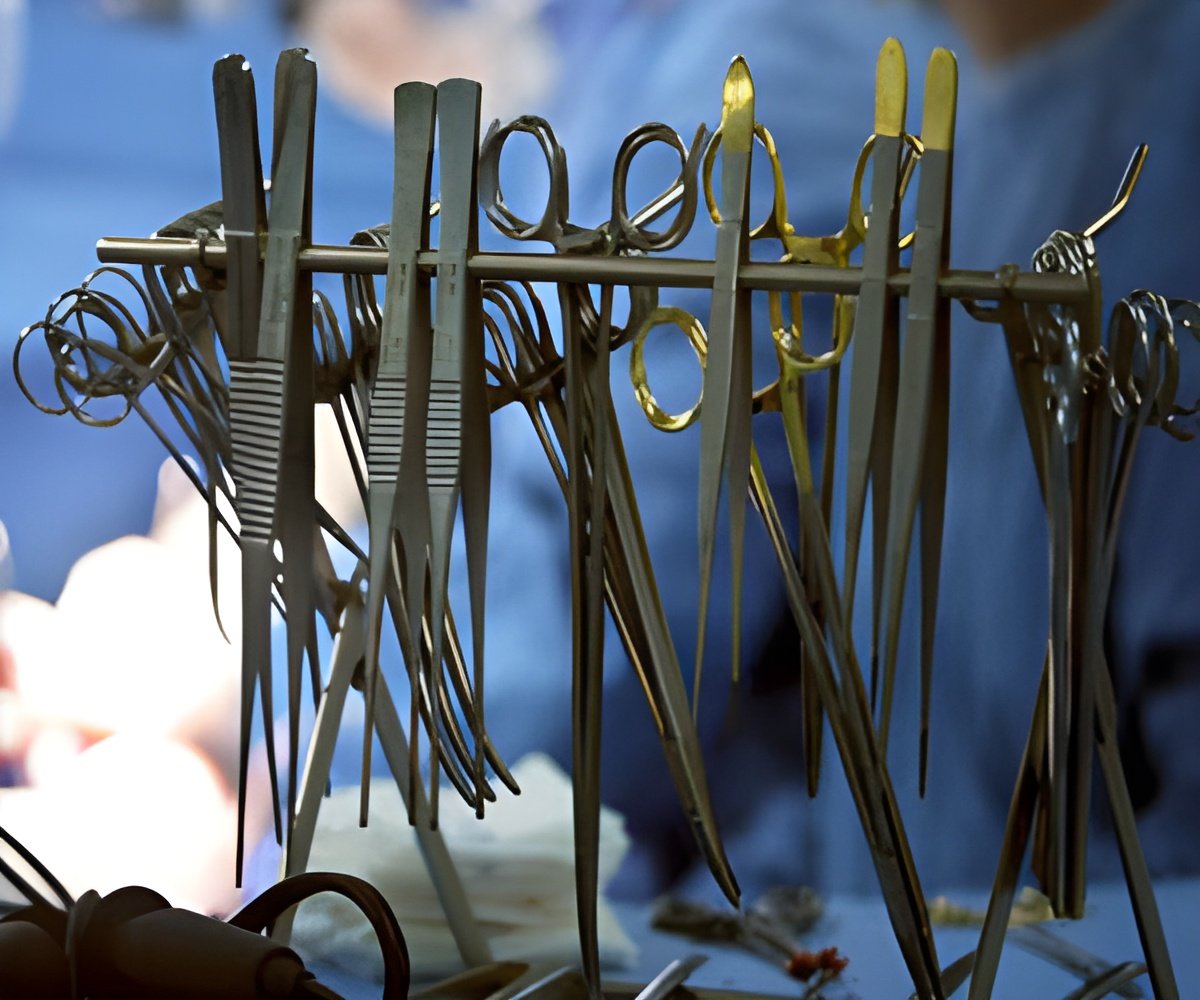Researchers observed that the conclusions of scientific papers appear to be influenced by the authors' mentors and medical training.

‘If a study article was authored by someone from a genealogy whose founder is a neurosurgeon, its results were more likely to support maximal tumor removal for patient survival. In contrast, if it was authored by someone from another genealogy, it was less likely to support maximal tumor removal for high-grade gliomas.’





In their study, Chen and team analyzed 108 published articles that investigated whether or not surgical removal of a type of invasive brain tumor (high-grade gliomas) improved overall patient survival. 76 of the 108 articles (70%) showed that the more tumor removed by the surgeon, the longer the patient lived. However, 32 (30%) of the articles concluded that surgical removal of this type of brain tumor did not necessarily affect patient survival. "If you were a surgeon simply counting up the number of published articles in support of or against this surgery, you would be convinced that more complete removal of high-grade gliomas would likely benefit your patient. But the reality is far more complicated," said the study's first author, Brian Hirshman, staff research associate at Moores Cancer Center at UC San Diego Health.
The UC San Diego team found that many of the authors of the papers evaluated are related by medical training. That is, many researchers who published in this field share residency or fellowship training under the same mentor, or other physicians trained by the same mentor - a phenomenon that Chen and Hirshman call 'medical academic genealogy'.
The team found that if an article was authored by someone from a genealogy whose founder is a neurosurgeon, its results were more likely to support maximal tumor removal for patient survival. In contrast, if an article was authored by someone from another genealogy, one founded by a radiation oncologist, for example, it was less likely to support maximal tumor removal for high-grade gliomas.
Chen said, "The results are highly suggestive that the mentor and medical training of the researcher strongly influences the types of article that a researcher publishes throughout his or her career. The influence of mentorship and training on one's creative work is well understood in the fields of philosophy, music and the arts. In this study, we show the same effects are present in medical research."
Advertisement
As a follow-up, Chen and his team developed statistical methods to evaluate peer-reviewed literature in a way that accounts for the medical academic genealogy of contributing authors. While the results are not yet published, they report that, after correcting for the genealogy effects, published literature robustly supports the notion that maximal surgical removal of high-grade gliomas is associated with improved patient survival.
Advertisement
Source-Eurekalert









